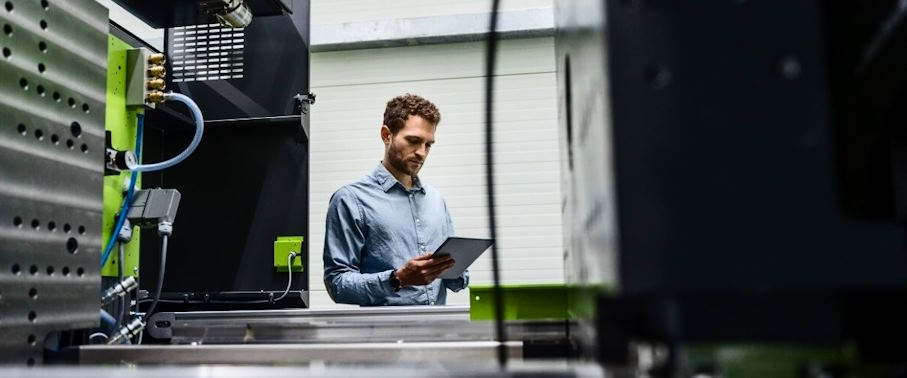In the rapidly evolving landscape of modern business, technology plays a pivotal role in shaping the future of industries and driving innovation. Tech-driven ventures harness the power of digital solutions to disrupt traditional business models, optimize processes, and create groundbreaking products and services.
Leveraging Technology for Innovation
Artificial Intelligence (AI)
AI is revolutionizing industries by enabling machines to simulate human intelligence and perform tasks that require complex decision-making and problem-solving. In healthcare, AI-powered diagnostics and treatment planning are transforming patient care. In finance, AI-driven algorithms analyze vast amounts of data to make accurate predictions and optimize investment strategies. AI-driven chatbots enhance customer service, and AI-driven personal assistants improve daily productivity.
Blockchain
Blockchain technology introduces a decentralized and transparent approach to record-keeping, ensuring secure and tamper-resistant transactions. It has significant implications for finance, supply chain management, healthcare, and real estate industries. Blockchain-based cryptocurrencies provide efficient and borderless payment solutions, while smart contracts automate and enforce agreements without intermediaries.
Internet of Things (IoT)
IoT connects physical devices and appliances to the Internet, enabling them to exchange data and perform tasks without direct human intervention. Smart homes utilize IoT technology to remotely control lighting, heating, and security systems. IoT improves operational efficiency in manufacturing through predictive maintenance and real-time equipment monitoring. In agriculture, IoT-based sensors optimize irrigation and crop management.

The Potential of Tech-Driven Startups
Healthcare
Tech-driven startups in healthcare are transforming patient care, disease diagnosis, and medical research. Companies like Babylon Health use AI-powered chatbots to provide instant healthcare advice to users, while 23andMe leverages genetic testing and AI to offer personalized health reports. These startups are expanding access to healthcare, increasing efficiency, and empowering patients with valuable insights.
Fintech
Financial technology startups are disrupting traditional banking by providing innovative payment solutions, peer-to-peer lending platforms, and blockchain-based financial services. Companies like Square and PayPal revolutionize digital payments, while Ripple’s blockchain-based solutions facilitate real-time cross-border transactions. These fintech startups are democratizing finance and offering greater financial inclusion.
Transportation
Tech-driven startups in the transportation industry are advancing mobility with autonomous vehicles, ride-sharing platforms, and electric mobility solutions. Companies like Tesla are leading the charge in electric vehicles, while Uber and Lyft have transformed the way people commute. These startups are revolutionizing urban mobility and reducing the environmental impact of transportation.
The Impact on the Market
Tech-driven ventures have significantly disrupted traditional markets, leading to increased competition and the emergence of new business models. They have improved efficiency, reduced costs, and enhanced industry customer experiences. Airbnb has revolutionized the hospitality sector, offering unique accommodations without owning any real estate. Netflix transformed the entertainment industry by introducing streaming services and producing original content.
Moreover, the success of tech-driven startups has attracted significant investments from venture capitalists and other investors, fostering a culture of innovation and entrepreneurship. As these startups continue to grow and expand their offerings, they shape the future of industries, driving technological advancements and influencing consumer behaviors.

